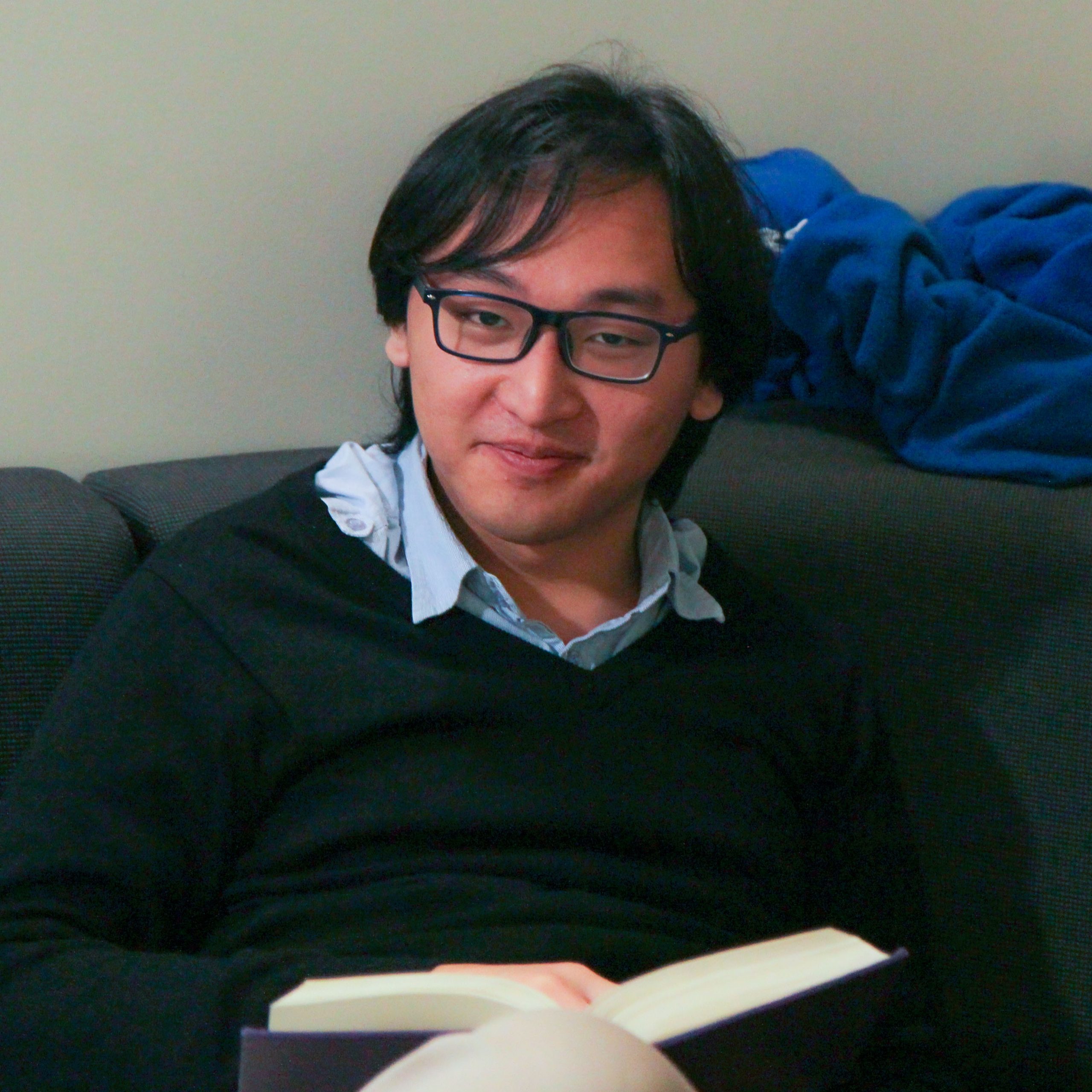Why did you choose Translation at CUHK Faculty of Arts?
Translation has since the beginning of human history been an indispensable element in intercultural communication. With technological advancement, the average population has become more able than ever to satisfy their urge to consume information, and localisation is playing a key part in this democratisation process. It was my wish to develop knowledge in this area and I was also convinced of the immeasurable benefit studying translation could bring to my career. Translation at CUHK was one of the pioneers in the field and was renowned for its scholarship. The university was also very well placed as a destination to study translation given the illustrious history of Hong Kong as a centre of intercultural exchange.
What did you enjoy most at CUHK when studying Translation?
The education I received, which combined both theory and practice, was what I cherished most as a student. It laid a foundation for my further study and my future career. I also benefited from the learning facilities available including dedicated workspaces and interpreting booths. I had a great time studying at the Department.
Can you tell us your most valuable memories of studying Translation?
The most valuable memories were the times spent working on projects with my fellows. We would spend until late in the library discussions (with digressions admittedly) and then recharge ourselves with a bowl of siu mai or fishballs at the Nuigung co-op snack bar. Contrary to popular belief, many Translation assignments required collaborative efforts rather than working in silos.
How your education prepared you for your career?
As I and my fellows were all taught in our first lesson – translation was way more than proficiency in two languages. While it was true that many translators do not necessarily have an academic background in translation (and there lies the beauty of arts – its openness), an education afforded me the context to read through a special lens – one crystallised by the knowledge of generations of research – and therefore helped me to understand and perform better in my career.
What is your current role, where is it and what brought you to it?
I am currently a Localisation Project Manager at Flo Health, a tech start-up which owns an app that specialises in women’s health. I’m currently based in London working with a team across Europe to coordinate localisation efforts and bring the app to speakers of different languages. Since leaving CUHK, I have worked at various organisations managing translation and localisation projects. Flo is my first experience with tech firms and it has been one of my aspirations to work in localisation in a tech context.
Where do you see yourself in the future?
While technology do mean translations are more often carried out by machine, human efforts remain central to coordinate these outputs and scrutiny from language experts remain as important as ever. It is with this in mind that I believe there remains a future for experts in translation and I see myself to be one of them.
From your experience, what has been the value of having an Arts degree?
The most important lesson I learned from my study of Translation, as I am sure it would also be the case for other Arts subjects, was that knowledge familiar to one could be a whole new world to another. It helped nurture an attitude of openness to, as well as a readiness to challenge, and be challenged by new ideas.
What advice would you give to translation students?
As a translation graduate, I understand that an interest in translation often stems from a passion with languages. It is however important to develop interests in other areas and see opportunities beyond the conversion of signs, albeit a Herculean task per se. Translators are never experts on a subject but must work as if they were one.


